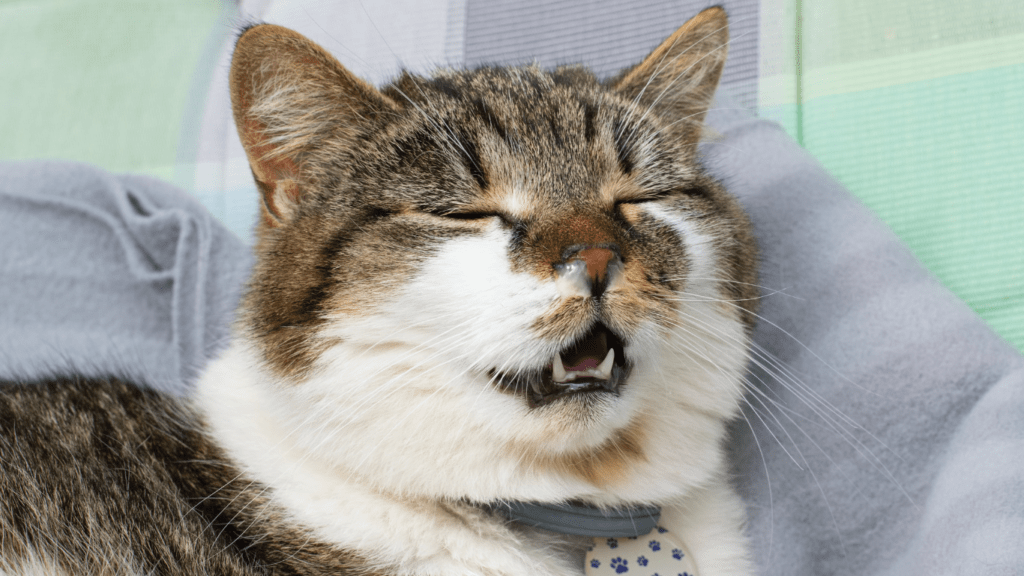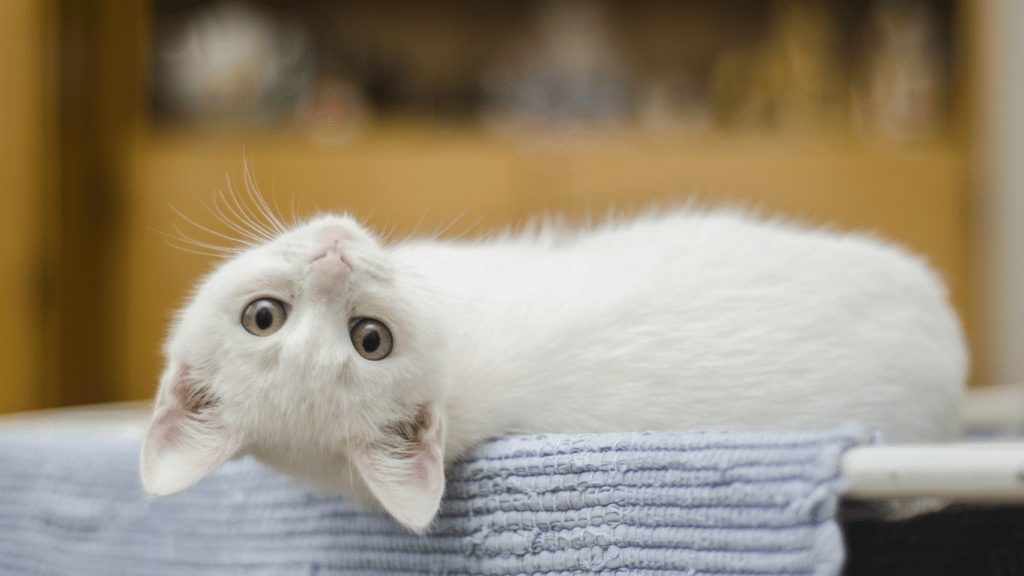As a pet owner, I’ve witnessed firsthand the subtle yet significant changes in my furry companion’s behavior as they age. Understanding the impact of aging on pet behavior is crucial for providing the best care and support for our beloved animals. From decreased activity levels to changes in sleep patterns and potential cognitive decline, aging can affect our pets in various ways.
In this article, I’ll delve into the fascinating world of how aging influences our pets’ behavior. By recognizing the signs of aging and knowing how to adapt our care routines accordingly, we can ensure a happy and comfortable life for our aging pets.
Join me as we explore the nuances of aging in pets and learn valuable insights on how to navigate this inevitable stage of life with compassion and understanding.
Exploring the Relationship between Aging and Pet Behavior
Aging and its effects on pet behavior are crucial aspects to consider for pet owners like me. It’s essential to delve into how aging influences our furry companions’ behavior patterns to ensure their well-being in their senior years.Understanding the nuances of this relationship empowers us to provide the necessary care and support to help our pets age gracefully and comfortably.
Common Behavioral Changes Seen in Aging Pets
As pets age, several behavioral changes may become noticeable. It’s essential to understand these changes to ensure the well-being of aging pets.
Decreased Activity Levels
A common behavioral change in aging pets is a decrease in activity levels. Older pets may not be as energetic as they once were, preferring more rest and relaxation. It’s important to adjust their exercise routines accordingly to prevent overexertion.
Changes in Sleep Patterns
Aging can also lead to alterations in sleep patterns for pets. Older animals may sleep more during the day and experience disruptions in their nighttime sleep. Providing a comfortable and quiet sleeping environment can help mitigate these changes and ensure they get sufficient rest.
Cognitive Decline and Confusion
Another significant issue in aging pets is cognitive decline and confusion. Senior animals may exhibit signs of forgetfulness, disorientation, or difficulty recognizing familiar people or surroundings. It’s crucial to create a structured routine and provide mental stimulation to help support cognitive function in aging pets.
Tips for Managing Age-Related Behavioral Changes in Pets
When it comes to managing age-related behavioral changes in pets, consistency is key. I’ll share some practical tips to help you navigate these changes and ensure your aging pet’s well-being.
- Regular Veterinary Check-ups: Scheduling regular check-ups with your veterinarian is essential in monitoring your pet’s health as they age. Your vet can detect any underlying medical conditions early on and recommend appropriate interventions.
- Adapt the Environment: Make adjustments to your home environment to accommodate your older pet. Provide non-slip surfaces, easy access to water, and comfortable sleeping areas to enhance their comfort and mobility.
- Maintain a Healthy Diet: Nutrition plays a vital role in promoting the health and vitality of aging pets. Consult your vet for guidance on a balanced diet that meets your pet’s specific nutritional needs.
- Moderate Exercise: While your pet may not be as active as before, regular, moderate exercise helps maintain muscle tone, joint flexibility, and mental stimulation. Tailor the exercise routine to suit your pet’s age and capabilities.
- Cognitive Stimulation: Engage your pet with interactive toys, puzzles, and training exercises to keep their mind sharp and prevent cognitive decline. Mental stimulation is crucial for senior pets to stay alert and active.
- Establish Routine: Older pets thrive on routine. Establish a consistent daily schedule for feeding, exercise, and playtime to provide stability and predictability, reducing stress and anxiety.
By implementing these tips and remaining attentive to your aging pet’s changing needs, you can enhance their quality of life and enjoy precious moments together for years to come.
Importance of Regular Veterinary Check-ups for Aging Pets
Regular veterinary check-ups are vital for maintaining the health and well-being of aging pets like mine. These check-ups help detect any potential health issues early on and allow for timely intervention. As a responsible pet owner, I understand that aging pets are more prone to various health conditions, and regular visits to the veterinarian can help monitor and manage these concerns effectively.
During these check-ups, the veterinarian can provide valuable insights into my pet’s overall health status. They can conduct thorough examinations, update vaccinations, and recommend any necessary screenings or treatments. By staying proactive and scheduling regular check-ups, I can ensure that my aging pet receives the appropriate care tailored to their specific needs.
Apart from addressing existing health issues, regular veterinary visits also serve as an opportunity for preventive care. Vaccinations, parasite control, dental care, and nutritional recommendations are essential aspects that can be discussed and implemented during these visits.
As my pet ages, preventive care becomes increasingly important in maintaining their quality of life.
Furthermore, regular veterinary check-ups allow for the assessment of any behavioral changes that may occur as pets age. Changes in behavior can sometimes indicate underlying health issues or discomfort. By discussing these changes with the veterinarian during check-ups, I can receive guidance on managing and addressing any behavioral issues that arise.
Regular veterinary check-ups play a crucial role in the holistic care of aging pets. These visits not only help monitor and manage health conditions but also enable early intervention and preventive care. As a devoted pet owner, I prioritize these check-ups to ensure that my aging pet receives the best possible care and support throughout their senior years.


 Rudylier Alejandrosh, the visionary founder of Animal Potty Care, created the platform out of a deep passion for improving pet care solutions and enhancing the relationship between pets and their owners. With years of experience as a dedicated pet enthusiast, Rudylier recognized the challenges pet owners face in managing their pets' behavior, especially in areas like potty training and travel care. His commitment to making pet ownership easier and more enjoyable is reflected in the resources and guidance provided on the platform, which empowers pet owners with practical tips, innovative solutions, and a better understanding of their pets' needs.
Rudylier Alejandrosh, the visionary founder of Animal Potty Care, created the platform out of a deep passion for improving pet care solutions and enhancing the relationship between pets and their owners. With years of experience as a dedicated pet enthusiast, Rudylier recognized the challenges pet owners face in managing their pets' behavior, especially in areas like potty training and travel care. His commitment to making pet ownership easier and more enjoyable is reflected in the resources and guidance provided on the platform, which empowers pet owners with practical tips, innovative solutions, and a better understanding of their pets' needs.